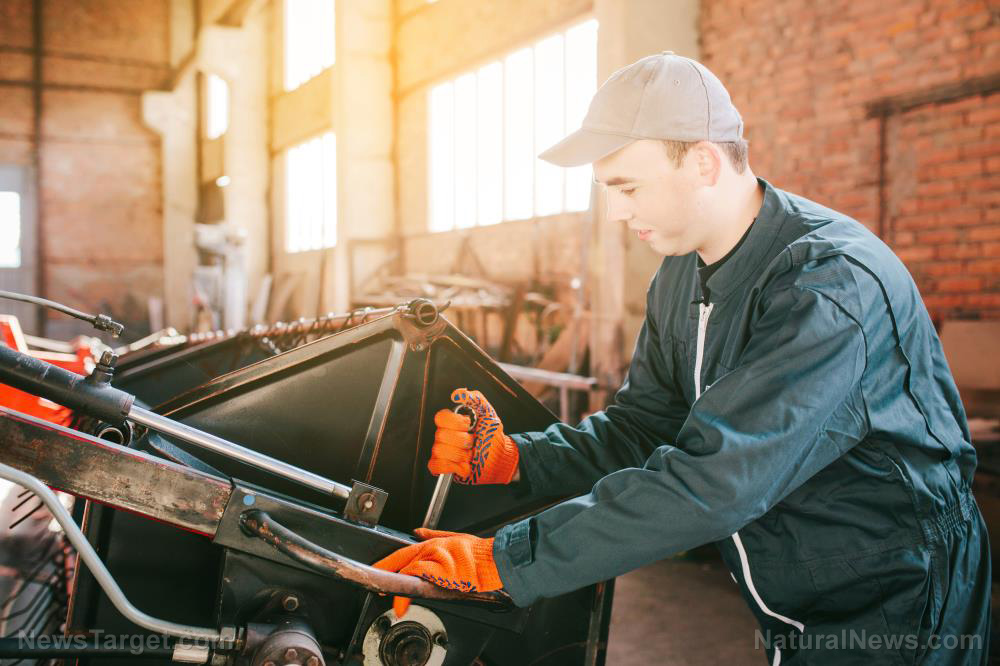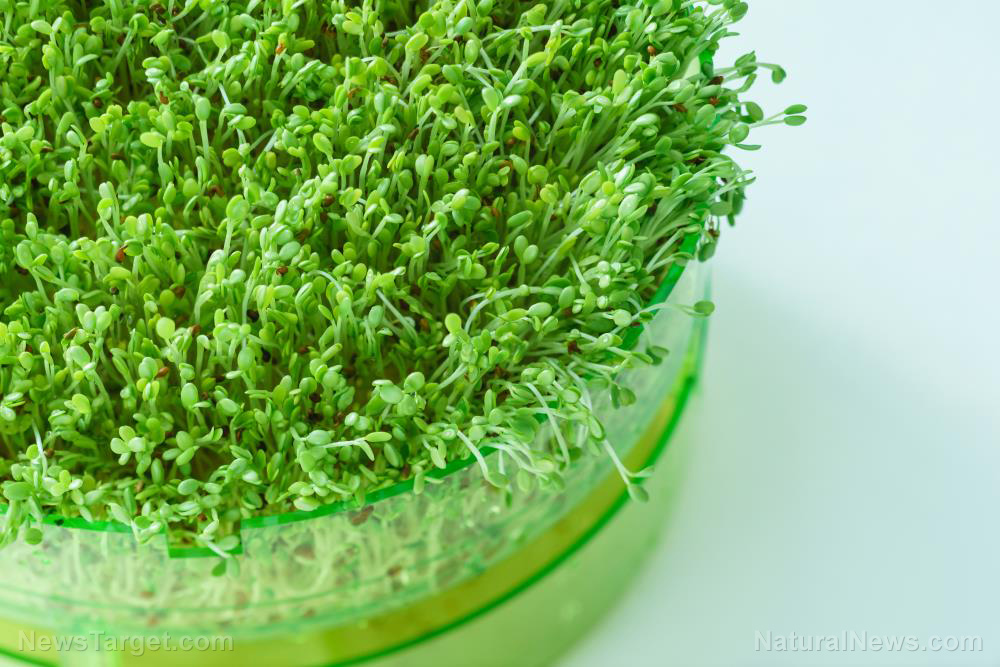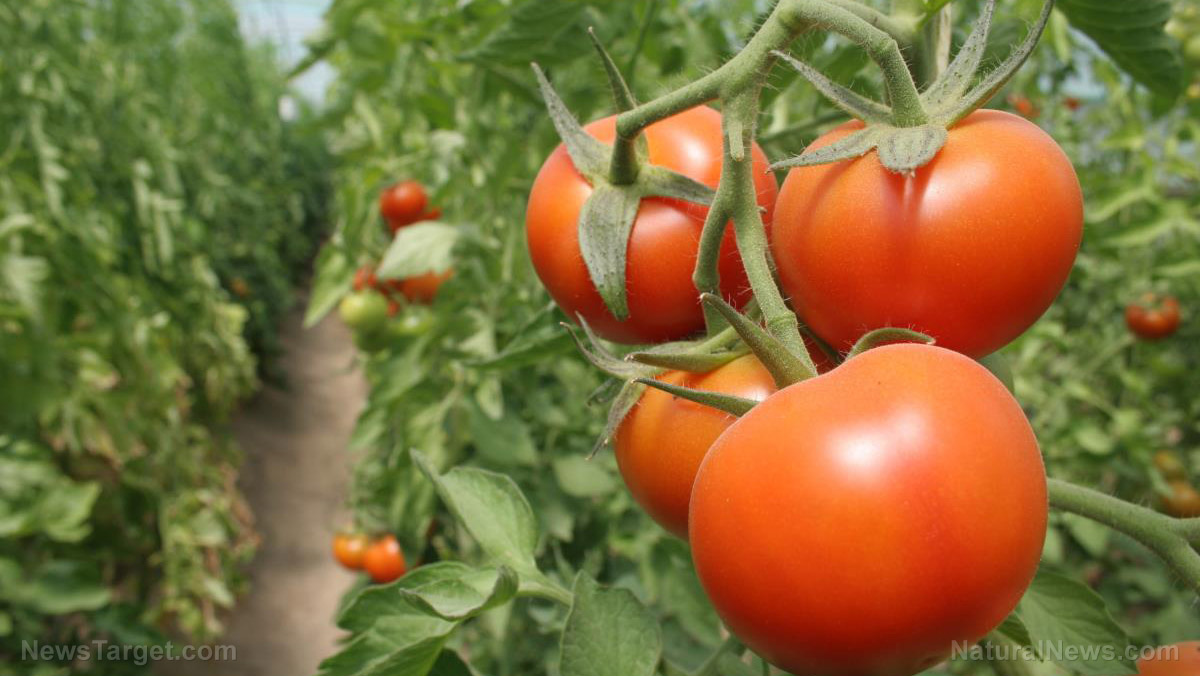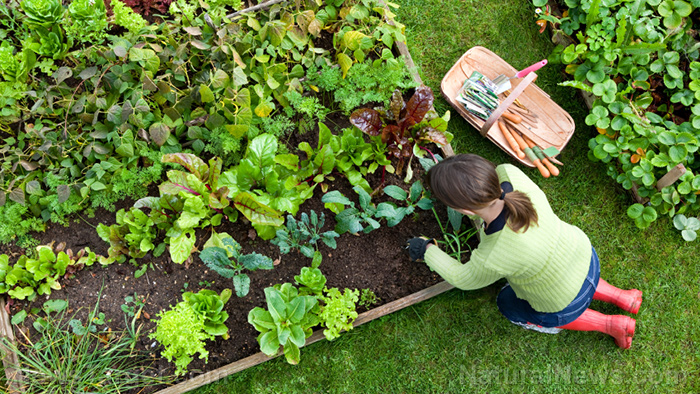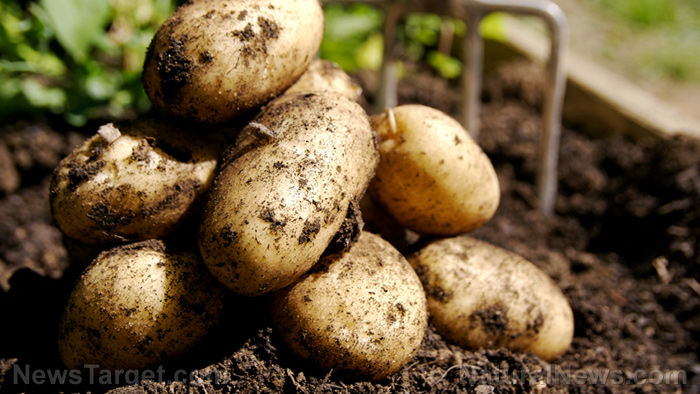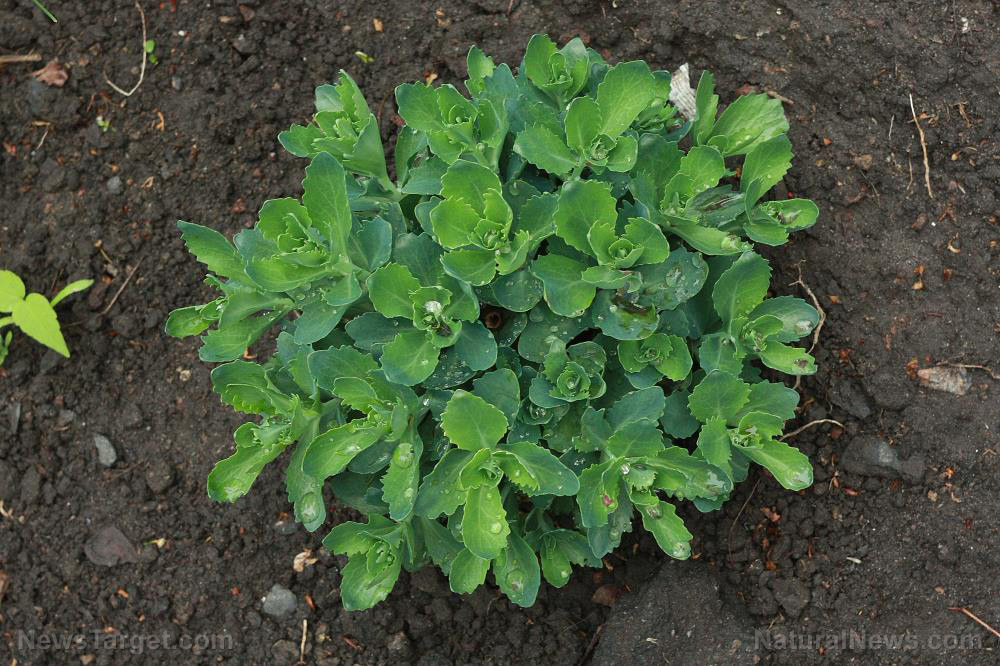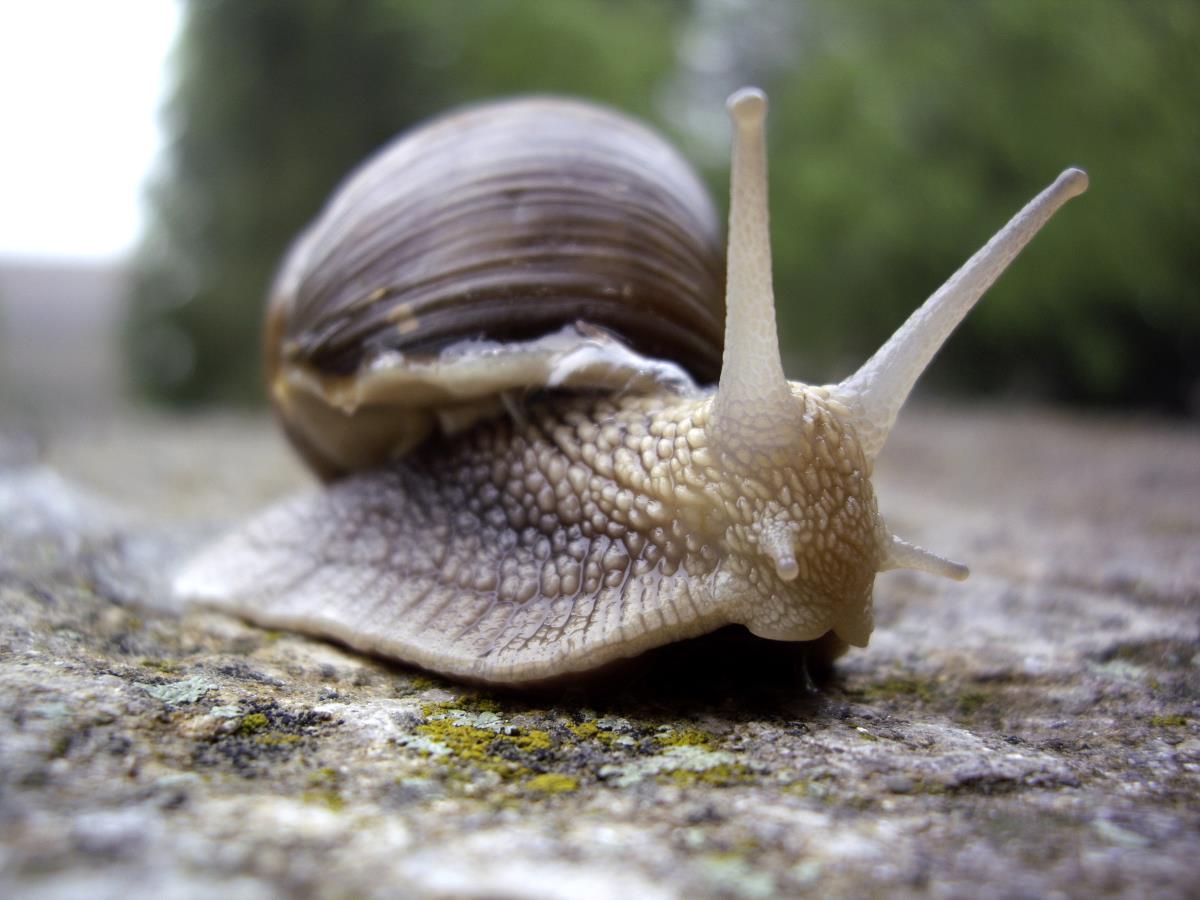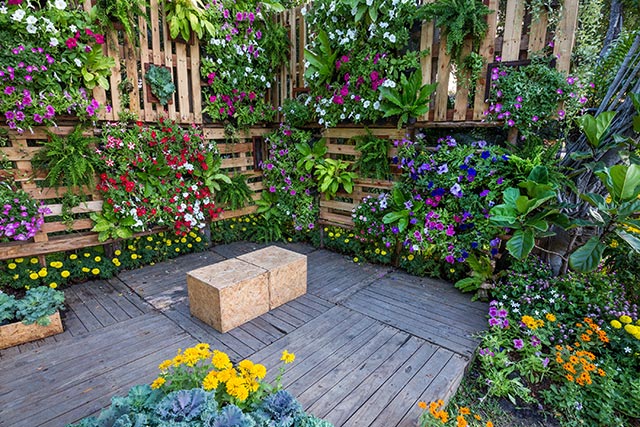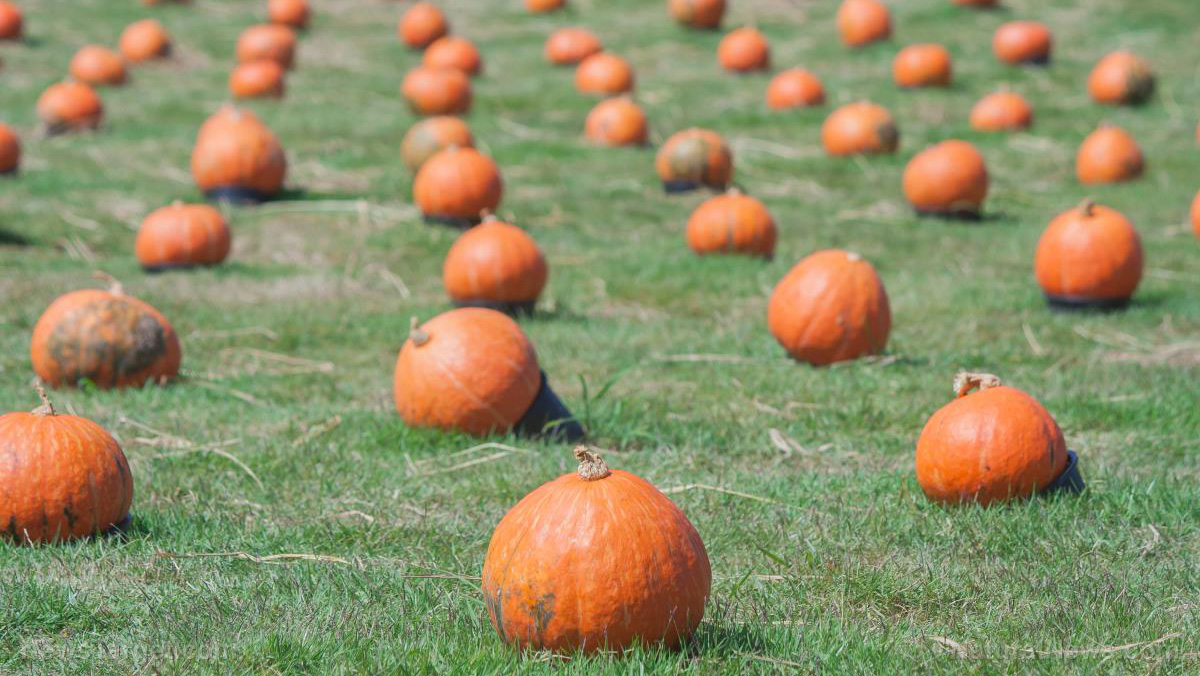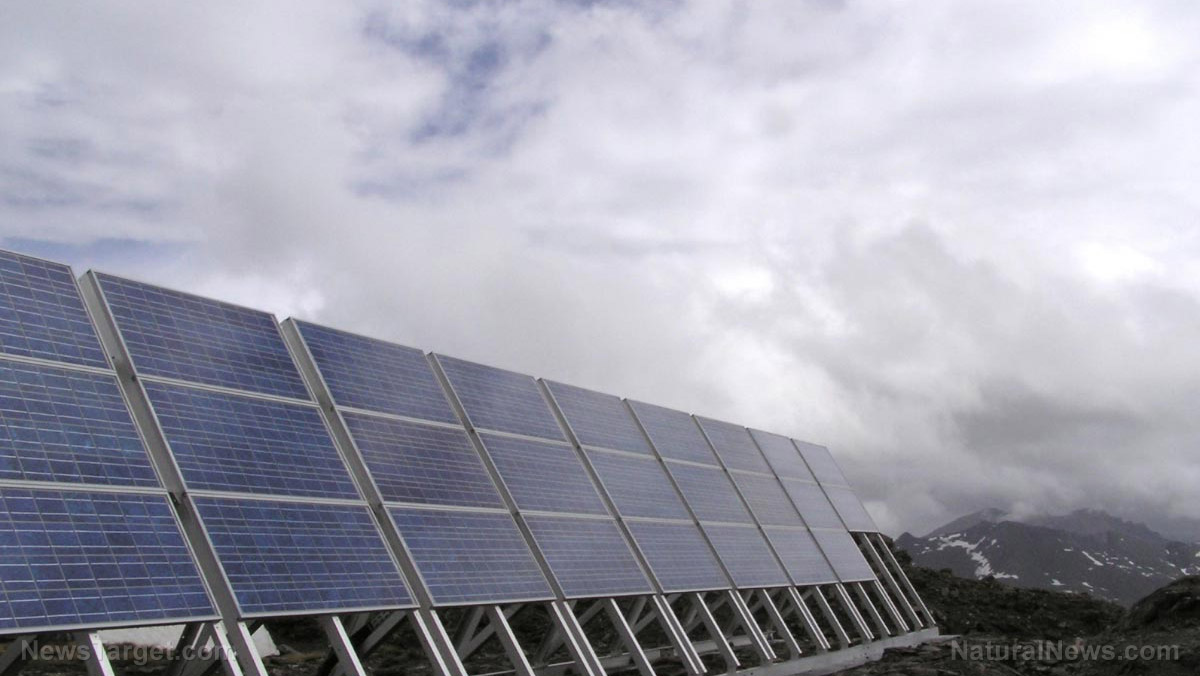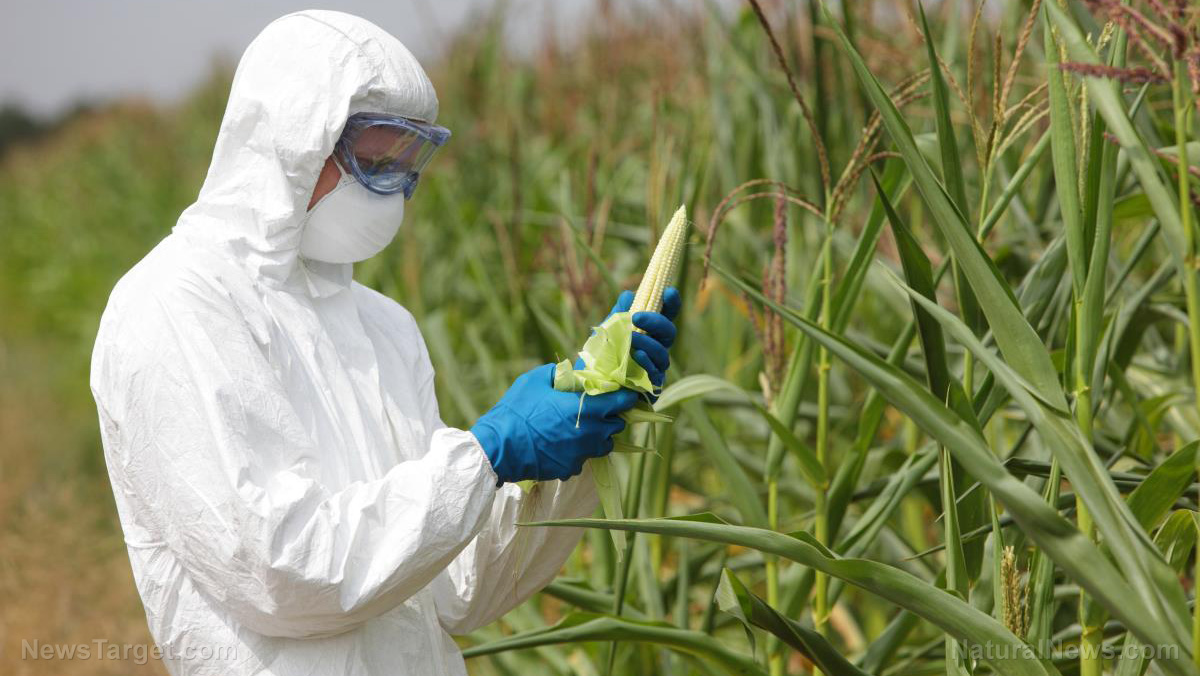Sustainable living: 5 Things to consider when farming off the grid
06/21/2021 / By Divina Ramirez
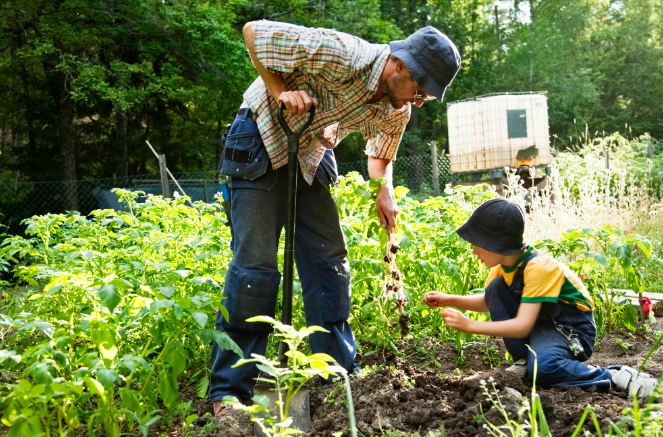
Going off-grid is a serious decision for preppers. Off-grid living comes with its own unique challenges, such as how to generate enough power, where to get water and how to dispose of waste. These challenges can be compounded for preppers who are looking to start growing their own food in off-grid homesteads.
If you want to grow food for the long-term in your own off-grid homestead, read on to learn how to prep for it. (h/t to FoodForMzansi.co.za)
Farming off the grid
Growing food off-grid is for preppers who value self-sufficiency and sustainability. By growing your own food, you get to enjoy fresh, organic food while raising livestock and generating your own energy in the process.
But for the average adult, farming off-grid isn’t easy. After all, you need water and electricity, which you’d normally get from utility companies. If you truly want to start farming off-grid, you need to plan now.
Here are five things you need to consider before farming off-grid:
1. Power or electricity generation
Off-grid living means not being connected to a utility system. It is entirely up to you to generate your own power to run farm equipment and light up your homestead. Many preppers tap into solar power since it’s very reliable, especially in places with a hot climate and prolonged periods of sunshine.
But off-grid living isn’t just about generating your own power. You need to ensure you’re generating enough if you’re running a homestead. You’ll need to do a lot of planning before heading into this venture because everything you’ll invest in to go off-grid will depend on the type, size and layout of your land.
The installation costs for renewable energy systems can be expensive. Therefore, you have to be firm and well-informed about what you want to do regarding power generation in your homestead.
2. Electricity demand
Managing energy demand and being more energy-efficient is crucial when farming off-grid. You don’t want to run out of power inside the house because you used it all up running various farm equipment.
Ultimately, you need to learn to properly manage your electricity demand and be energy-efficient. A good rule of thumb is to generate only as much electricity as you need to use daily. How much energy your farm needs will depend on how big it is. Take a look at your previous electricity bills to determine your average daily electricity consumption.
3. Batteries
Power generation doesn’t stop at solar panel installation. You also need to install batteries. Without these, the power you get from your panels will only be available during the day. Batteries allow you to use the power harvested during the day at night or when it’s cloudy.
Batteries typically double the cost of a solar panel system. You also need a generator to back up your batteries. A generator comes with fuel costs. Therefore, you also need to take the cost of the batteries and fuel for the generator into account if you’re serious about living off-grid and growing food there for the long term. (Related: “Solar flow battery” soaks up sunlight and stores it as energy for on-demand use.)
4. Clean energy equipment or infrastructures
The people who offer solar panel or wind turbine installation services can be a valuable source of advice if you want to know what system works best for you. Is your homestead in a particularly windy area? Do you get plenty of sunshine? You should be able to figure out what works best for your farm. But don’t be scared to ask the experts.
5. Waste management
Off-grid farming also involves finding ways to minimize your waste. Cutting down on waste or finding ways to reuse it goes hand-in-hand with generating clean energy on an off-grid homestead.
Learn more about living and farming off the grid at OffGrid.news.
Sources include:
Tagged Under: alternative energy, farming, food independence, food production, green energy, green living, homesteading, off grid, preparedness, prepper, prepping, prepping tips, self sufficiency, self-sustainability, survival, survivalist, sustainable living
RECENT NEWS & ARTICLES
OrganicFarming.News is a fact-based public education website published by Organic Farming News Features, LLC.
All content copyright © 2018 by Organic Farming News Features, LLC.
Contact Us with Tips or Corrections
All trademarks, registered trademarks and servicemarks mentioned on this site are the property of their respective owners.


